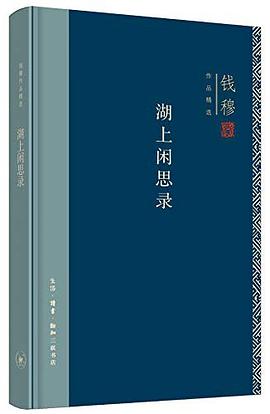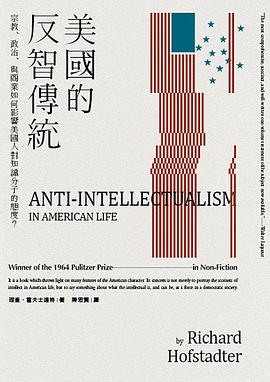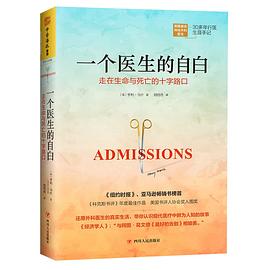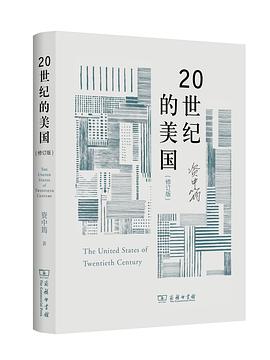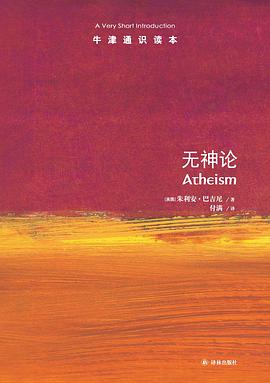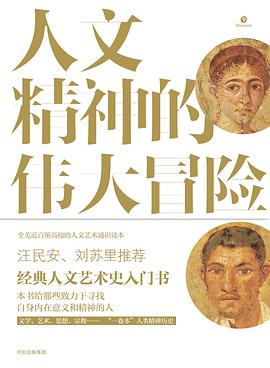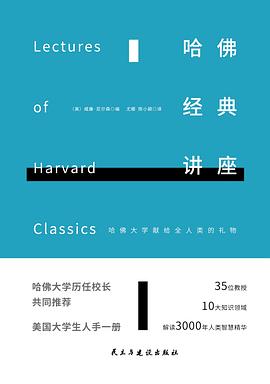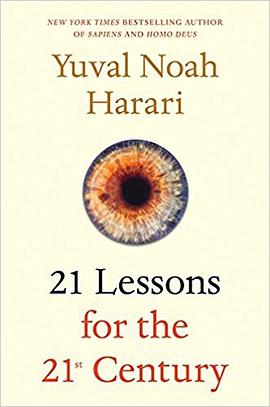

具体描述
Professor Harari was born in Haifa, Israel, to Lebanese parents in 1976. He received his Ph.D. from the University of Oxford in 2002, and is now a lecturer at the Department of History, the Hebrew University of Jerusalem.
He specialized in World History, medieval history and military history. His current research focuses on macro-historical questions: What is the relation between history and biology? What is the essential difference between Homo sapiens and other animals? Is there justice in history? Does history have a direction? Did people become happier as history unfolded?
Prof. Harari also teaches a MOOC (Massive Open Online Course) titled A Brief History of Humankind.
Prof. Harari twice won the Polonsky Prize for Creativity and Originality, in 2009 and 2012. In 2011 he won the Society for Military History’s Moncado Award for outstanding articles in military history.
In Sapiens, he explored our past. In Homo Deus, he looked to our future. Now, one of the most innovative thinkers on the planet turns to the present to make sense of today's most pressing issues.
How do computers and robots change the meaning of being human? How do we deal with the epidemic of fake news? Are nations and religions still relevant? What should we teach our children?
Yuval Noah Harari's 21 Lessons for the 21st Century is a probing and visionary investigation into today's most urgent issues as we move into the uncharted territory of the future. As technology advances faster than our understanding of it, hacking becomes a tactic of war, and the world feels more polarized than ever, Harari addresses the challenge of navigating life in the face of constant and disorienting change and raises the important questions we need to ask ourselves in order to survive.
In twenty-one accessible chapters that are both provocative and profound, Harari builds on the ideas explored in his previous books, untangling political, technological, social, and existential issues and offering advice on how to prepare for a very different future from the world we now live in: How can we retain freedom of choice when Big Data is watching us? What will the future workforce look like, and how should we ready ourselves for it? How should we deal with the threat of terrorism? Why is liberal democracy in crisis?
Harari's unique ability to make sense of where we have come from and where we are going has captured the imaginations of millions of readers. Here he invites us to consider values, meaning, and personal engagement in a world full of noise and uncertainty. When we are deluged with irrelevant information, clarity is power. Presenting complex contemporary challenges clearly and accessibly, 21 Lessons for the 21st Century is essential reading.
用户评价
##对 Harari 的批评看过很多。不过他非常值得学习的是叙事技巧。从《人类简史》开始,看完就会自动记住他写了什么。这本书也是,我简直可以复述 Nationalism 和 Secularism 两章的全部内容。对普通读者来说,这样的谈资类读物,能替代微信公号毒物也是好的。
评分 评分 评分2046年,一家叫HW的公司,开发出了Xg网络。Xg网络不仅提供了全方位无死角的国内任意地点的网络连接,包括密封起来的地下室、偏僻未开发的荒山野岭,而且几乎是“无限带宽”,这只是商家的宣传用语,当然不可能提供无限带宽,只是任何信息交换都可以在瞬间完成,你觉察不到任何...
评分 评分##看了序言之后发现不能盲目读下去了,结果上豆瓣一看,果然是内个味,还好没华宝贵的时间继续往下读。
评分 评分 评分##2019年Mark的第一本书。讲历史,政治,宗教,意识形态,AI。但是我比较感兴趣的还是education那一章,觉得很related。算了,以后还是不要看bill gates这种大神推荐的书了。没达到那个境界呢,还是看跟自己更相关的书比较有用。
相关图书
本站所有内容均为互联网搜索引擎提供的公开搜索信息,本站不存储任何数据与内容,任何内容与数据均与本站无关,如有需要请联系相关搜索引擎包括但不限于百度,google,bing,sogou 等
© 2025 book.idnshop.cc All Rights Reserved. 静思书屋 版权所有


